Vienna talks: Iran says realistic attitude needed from West to strike deal
Iran’s foreign minister has underlined the significance of the remaining issues at the Vienna talks, saying the Western parties need to get realistic and make political decisions to reach an agreement on reviving the 2015 Iran deal.
“Tehran has unveiled many initiatives to resolve the issue so far, and now reaching an agreement requires a political decision and a realistic attitude from the West,” Hossein Amir-Abdollahian said during a phone conversation with his Chinese counterpart, Wang Yi, on Wednesday.
He stressed the need for the outcome of the Vienna process to safeguard Iran’s national interests, including in the economic sphere.
In recent days, diplomats participating in the eighth round of negotiations in the Austrian capital have said that “a deal is within reach” provided that the remaining, narrowed-down issues are resolved.
The Vienna talks began last April between Iran and the other parties to the Iran deal on the assumption that the US, under the Joe Biden administration, is willing to repeal the so-called maximum pressure policy against Tehran.
Former US president Donald Trump instigated the maximum pressure campaign after he pulled the US out of the Iran deal, officially called the Joint Comprehensive Plan of Action (JCPOA), in 2018 and unleashed what he called the “toughest ever” sanctions against the Islamic Republic.
One key issue on which Iran and the US are now in agreement is that the maximum pressure campaign of sanctions has failed.
At the talks, Tehran maintains that it won’t settle for anything less than the removal of all of those sanctions. It also seeks the formation of a verification regime on the removal of the sanctions, as well as guarantees that Washington would not abandon the agreement again.
During his phone conversation, Amir-Abdollahian also expressed satisfaction with the close cooperation between Iran and China in Vienna and said it is vital that the two countries continue such a trend.
For his part, the Chinese foreign minister also noted the close contacts between Tehran and Beijing in the Vienna talks, saying many achievements have been secured through coordination and joint efforts.
Wang said the remaining issues in Vienna are important.
China understands and supports the rational demands of the Iranian side, he said.
He also expressed hope that the talks continue to make progress and ultimately lead to an agreement.
In recent months, the United States and its three major European allies have repeatedly warned that there are “only a few weeks left” to strike a deal that would salvage the original JCPOA, warning to walk away from the talks.
US State Department spokesman Ned Price reiterated on Monday that “we are prepared to walk away if Iran displays an intransigence to making progress.”
A senior State Department official also said the signatories of the JCPOA only have a “handful of weeks left” to work out a deal, while claiming that Washington was not imposing an “artificial deadline” or “an ultimatum.”
On the other side, Iran has remained calm and voiced readiness to ink a “good agreement” immediately, but at the same time, it has asserted that it would not agree to a flawed deal.
The Islamic Republic has made clear that it wants “an airtight deal” bereft of any loopholes that the Americans and the Europeans could exploit again.
President Yoon Suk Yeol to be removed from office
At least 19 Gazans killed by Israeli airstrikes since dawn: Medics
Leader: Iran neither has nor needs proxy forces
US fighter aircraft shot down ‘in friendly fire’ amid aggression on Yemen
Yemeni FM: Israel’s sponsors accountable for ongoing aggression on Sana’a
Eight Palestinians killed as Israel attacks Gaza school, hospitals
VIDEO | Rome, Milan host new protests in solidarity with Palestinians
Dec. 21: ‘Axis of Resistance’ operations against Israeli occupation


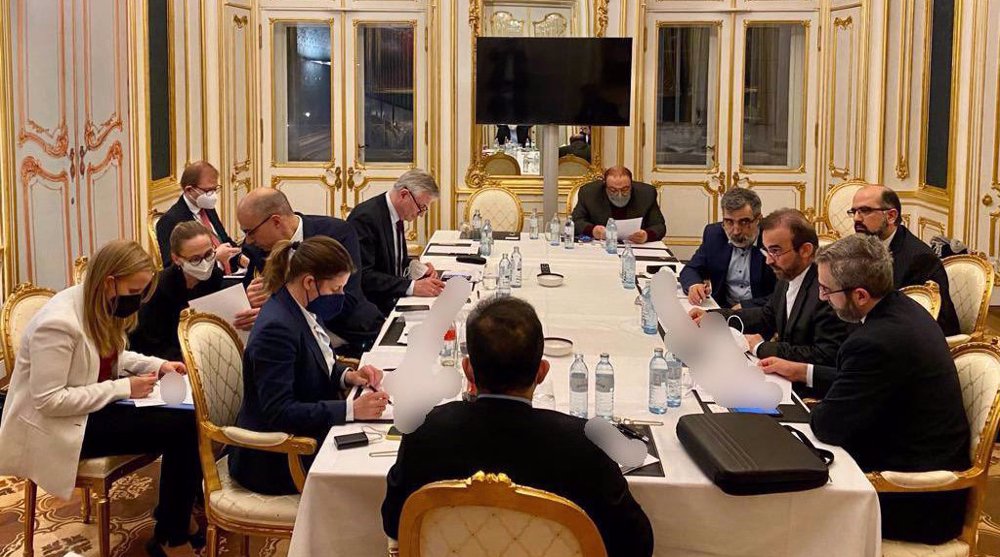
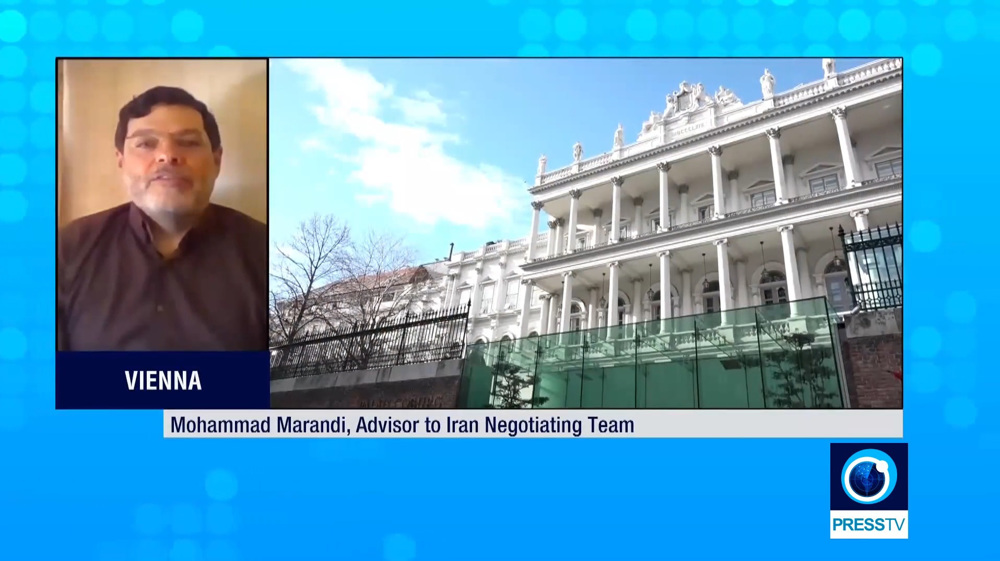
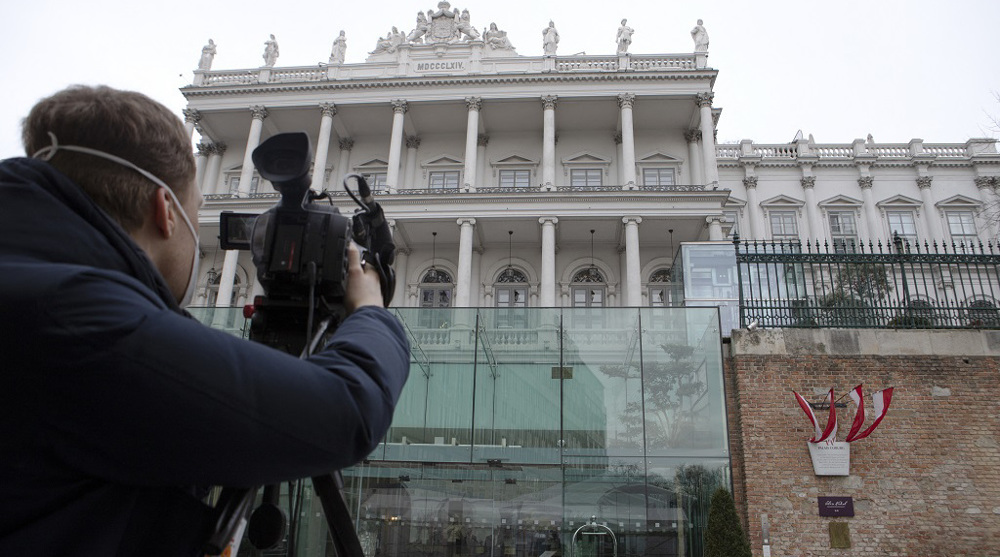






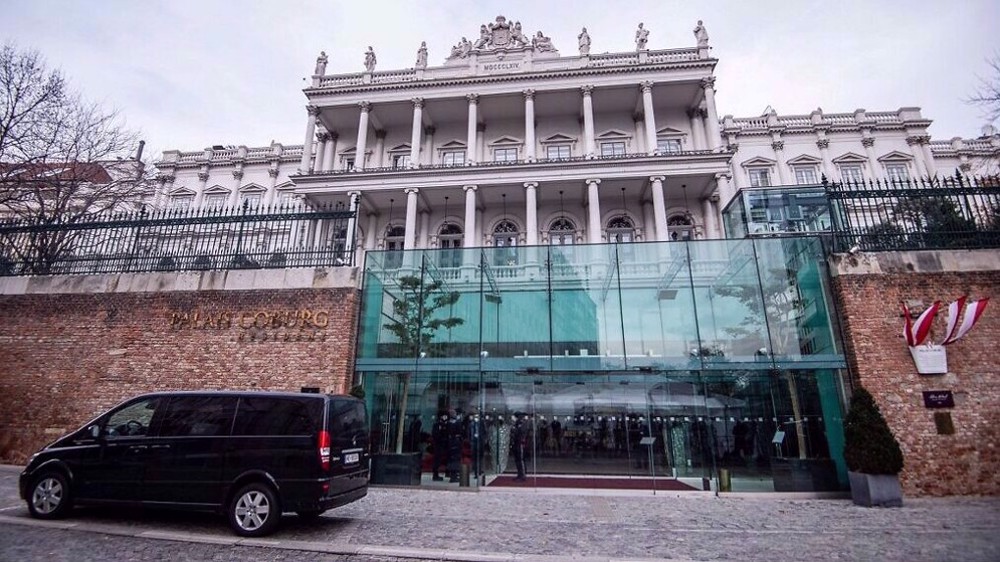
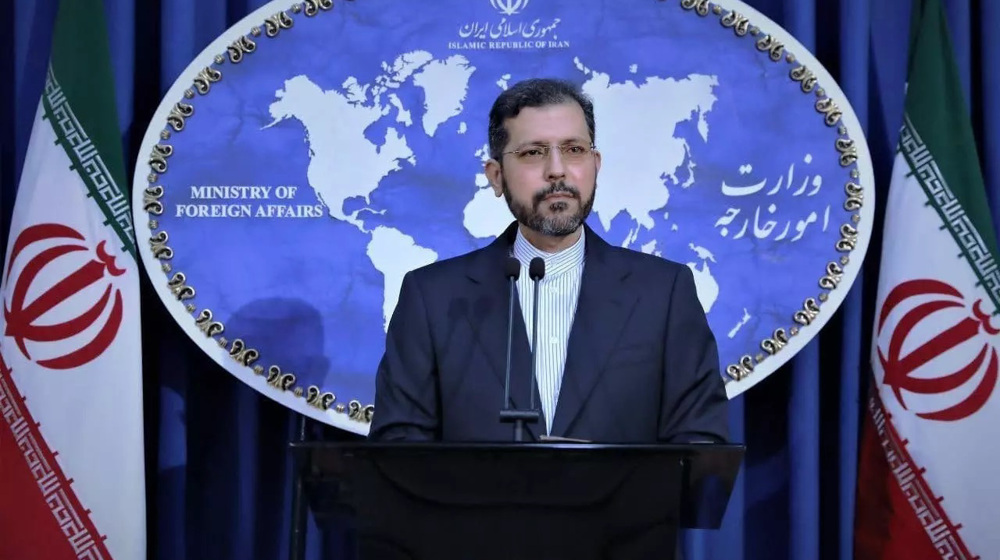
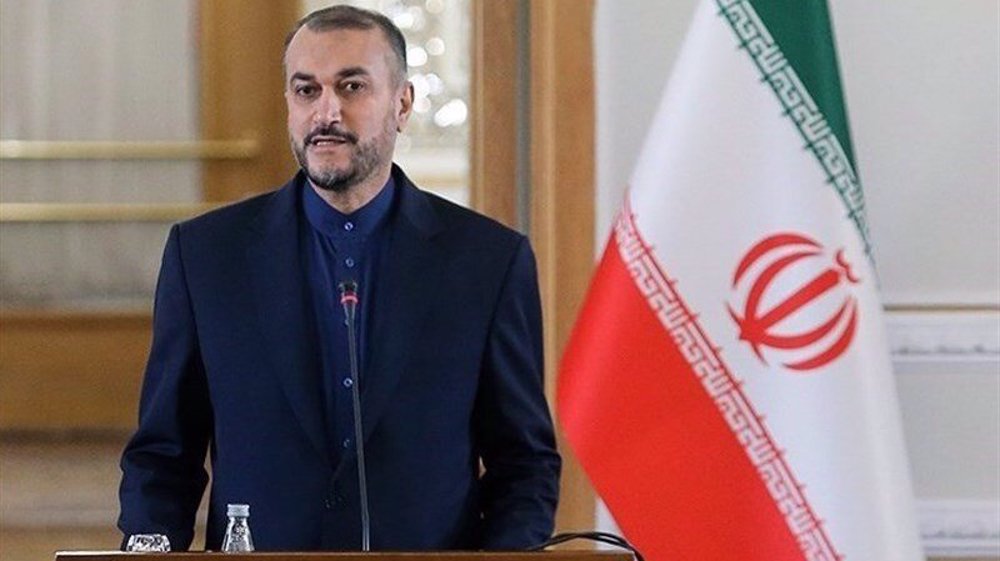
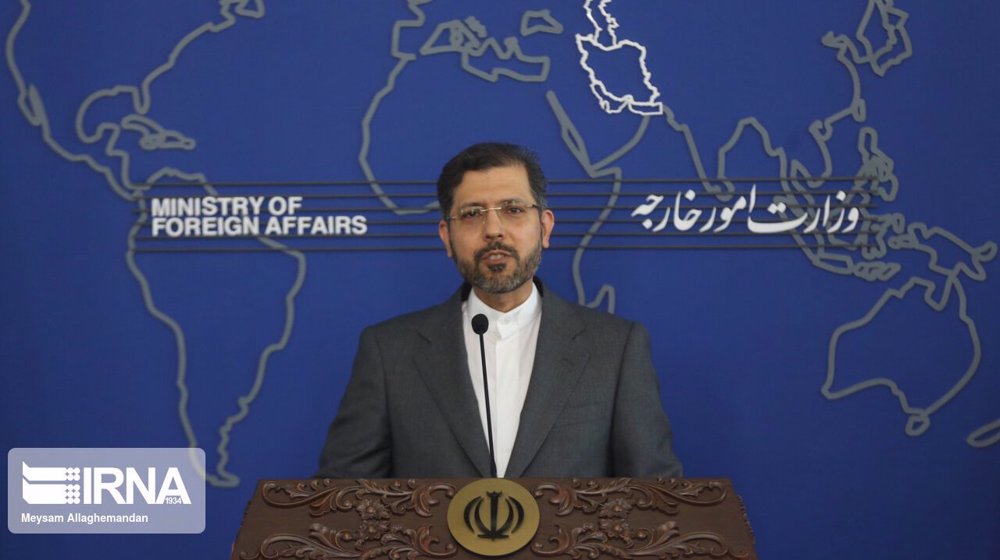
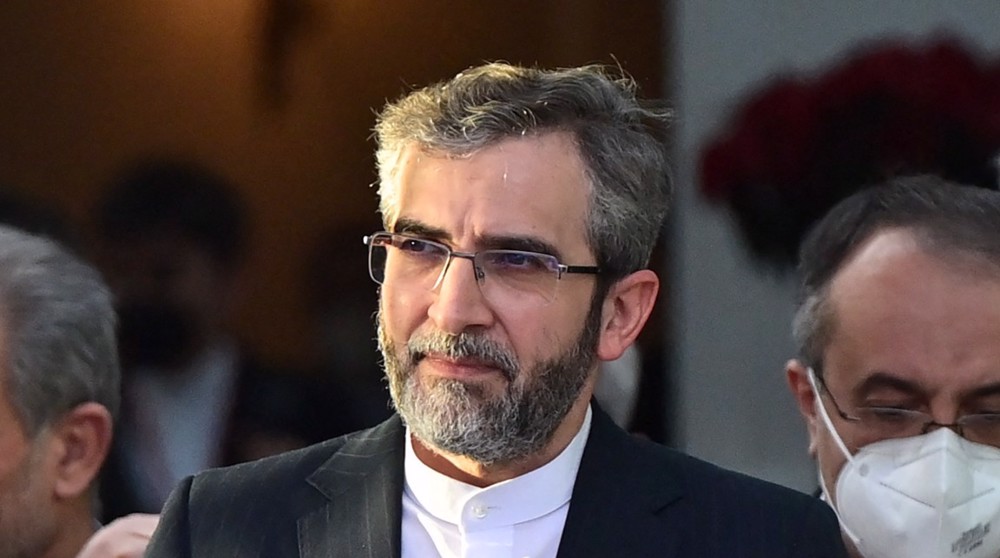

 This makes it easy to access the Press TV website
This makes it easy to access the Press TV website